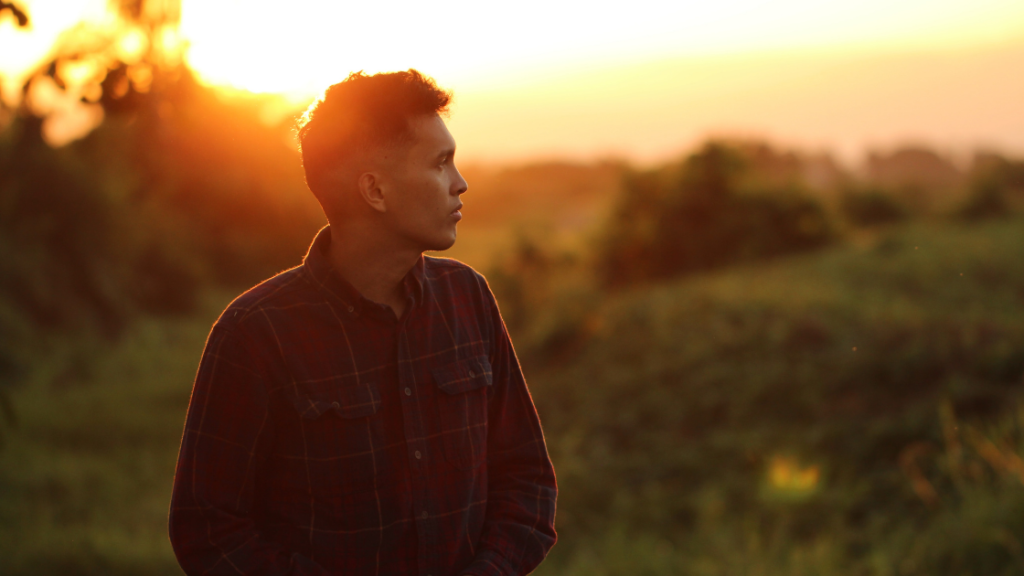There are a number of words that sum up the human experience over 2020 and 2021. The one that stands out for me, particularly at present, is safe. More than ever we are called upon to keep ourselves, our families and communities, our work places and environments safe.
Our world is changing faster than ever before. Daily, as the pandemic rages, we are required to absorb and adapt to the restrictions brought about by the ever evolving nature of the virus and remain vigilant to the need to remain safe and protected.
Remaining safe is not just a physical need; it is also a psychological one.
The impact of this pandemic is causing varying levels of mental distress in our society as we adapt to life without the usual support structures for our mental wellbeing – social and physical engagement, personal freedoms to make choices about how and with whom we spend our time, opportunities to move freely within our suburbs, cities, states or between countries. The need for psychological safety, and the sense of security this brings, is presently high on the agenda.
Psychological safety was first defined as ‘a group phenomenon that reduces interpersonal risk’ (Schein & Bennis, 1965) in the 1960s. Dr Amy Edmondson went on to broaden the concept to include several additional factors. “Psychological safety, in large parts, depends on others: when one feels psychologically safe, he or she relies on others who will continue to trust him or her, even if an error arises. Additionally, psychological safety spans very narrow temporal boundaries. It covers interactions between individuals in the short-term when one interacts with another in a particular manner. It describes an interpersonal sense of safety that emerges over a short period of time for a given group of people.” (Drinka, 2018)
The majority of theories around psychological safety pertains to workplace teams and groups, and how to create environments that enable people to make mistakes, take risks, feel secure enough to share their ideas and embrace failure as a learning opportunity.
It is about creating a space where people feel secure in their relationships with others, with the group, to reduce the negative emotions causing anxiety and a sense of overwhelm. Edmondson identified three core leadership behaviours to support psychological safety in teams: frame work as a learning problem, acknowledge your own fallibility, and model curiosity and ask questions (Psychological safety, 2021).
With the challenges posed by the pandemic, we need to ensure we foster psychological safety and security in our currently restricted human interactions, to reduce any anxiety such interactions may bring, and to support each other as best we can at this time.
Here’s my take on Edmondson’s behaviours as a way of dealing with the change we are experiencing:
Frame the current situation as a learning opportunity
Over the last year and a half we’ve all been required to amend our behaviour, think and do things differently, and adapt to changed circumstances. Take this time to reflect on how you’ve responded and adjusted, how you’ve tried different things, how you’ve changed your mindset. Review what has and hasn’t worked – on whatever level you chose – as you’ve adapted. It is an opportunity to learn about yourself and how you may wish to do things differently going forward. Share these learnings with your friends who no doubt will have some gems of their own.
Acknowledge your own vulnerability
We are living in astonishing times. We’ve pivoted into different ways of working, socialising, thinking, just being. Constant lockdowns make it hard to plan, affecting our sense of control, often resulting in feelings of frustration and overwhelm. The need for answers and certainty is running high. Remember, there is no perfect way to deal with the crisis. It is important to acknowledge your vulnerability and allow yourself to not have all the answers. Focus on what you can control and reach out to friends, family, and support services if you need help. You are not alone in this.
Model curiosity and ask questions
Try to stay curious about our current social reality. I don’t mean bombard yourself with news feeds. Rather, reach outside yourself and become a curious observer of the changes occurring around you. How is your neighbourhood adapting and evolving, how are social interactions playing out during lockdown, how are you engaging differently with the world? Ask questions of your friends, family, work colleagues about their experience and provide the space for them to share their observations. Create some psychological safety for all at this time.
Please don’t hesitate get in touch if the above resonates with you in light of your own situation.
REFERENCES:
Drinka, Ginevra A. O. (2018) Coaching for learning agility: The importance of leader behavior, learning goal orientation, and psychological safety. PhD Dissertation, Columbia University, 2018 https://academiccommons.columbia.edu/doi/10.7916/D82531CV/download
Psychological safety – History, concept and application. Psychological safety website https://www.psychsafety.co.uk/about-psychological-safety/ Accessed 26 August 2021
Schein, Edgar H (1993). How Can Organizations Learn Faster? The Challenge of Entering the Green Room. MIT Sloan Management Review, January 15, 1993 https://sloanreview.mit.edu/article/how-can-organizations-learn-faster-the-challenge-of-entering-the-green-room/
Schein, Edgar H and Bennis, Warren G. (1965). Personal and organizational change through group methods: the laboratory approach. Wiley, New York.
© First published via the Mannaz Journal – reprinted here with permission.
About the Author: Julie Regan

